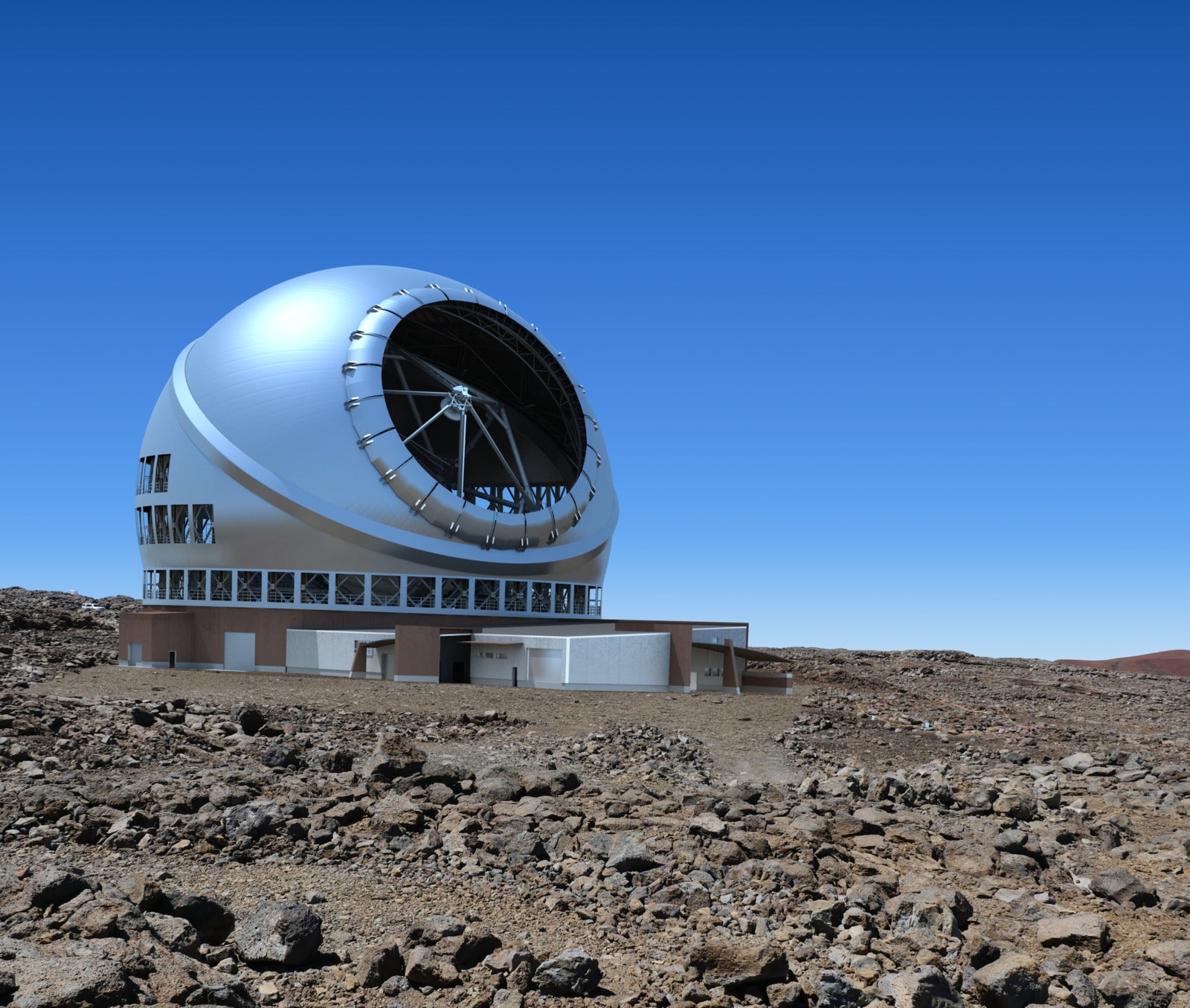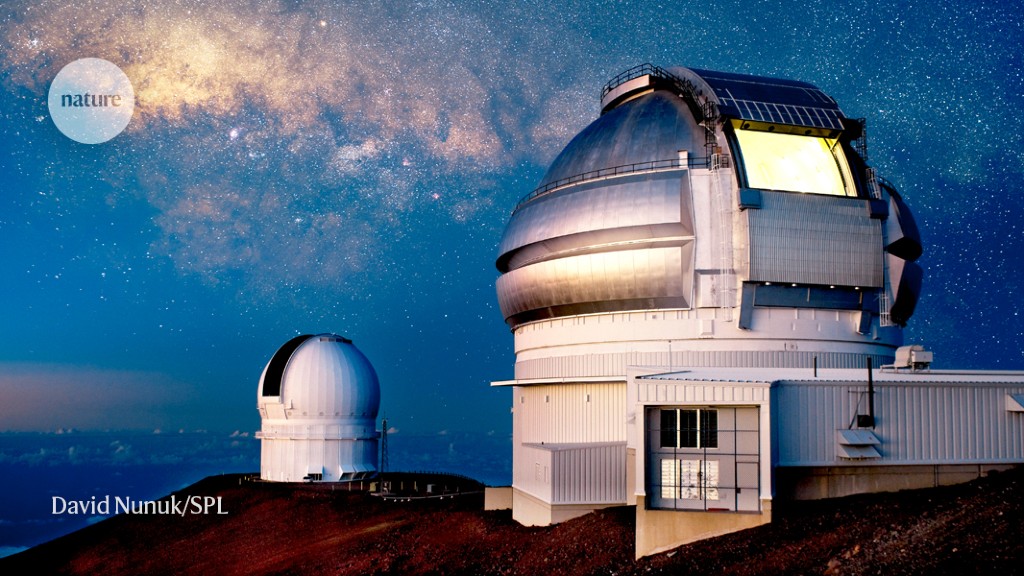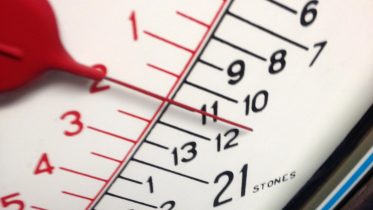
Native Hawaiians
Native Hawaiians, or simply Hawaiians, are the Indigenous Polynesian people of the Hawaiian Islands. The traditional name of the Hawaiian people is Kānaka Maoli. Hawaii was settled at least 800 years ago with the voyage of Polynesians from the Society Islands. The settlers gradually became detached from their original homeland, developing a distinct Hawaiian culture and identity in their new isolated home. This included the creation of new religious and cultural structures, mostly in response to the new living environment and the need for a structured belief system through which to pass on knowledge. Hence the Hawaiian religion focuses on ways to live and relate to the land, instilling a sense of communal living as well as a specialized spatial awareness. Much of the modern Hawaiian experience has been dominated by interactions with the United States and the relationship with settlers primarily of Asian and European ancestry.


